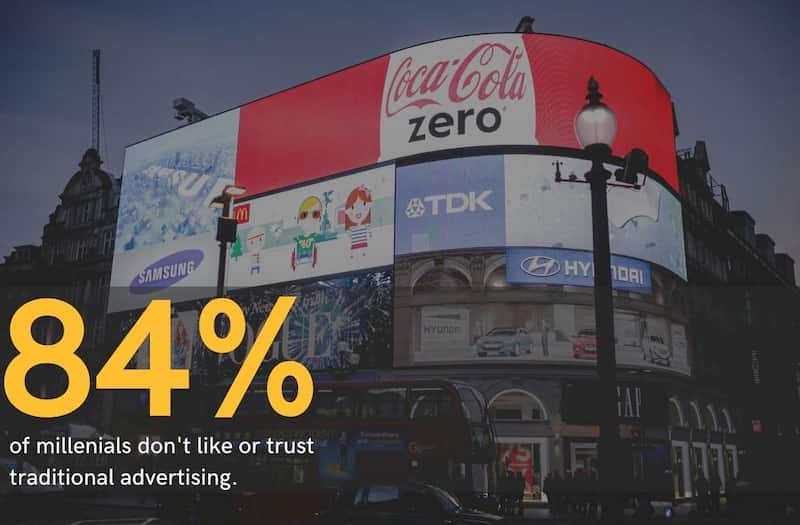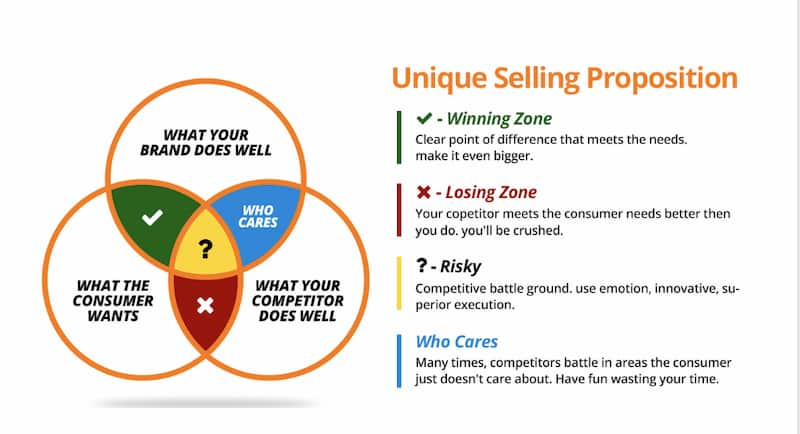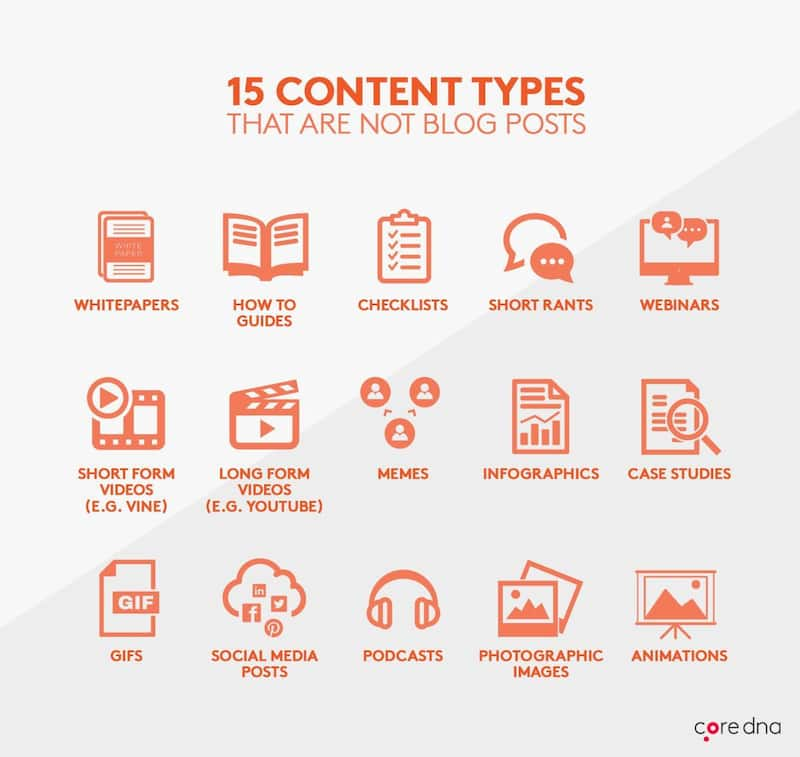What Is a Personal Brand?
What a personal brand is, why you need it, and how you build it.
- A company’s brand is the feeling, image, or value consumers perceive about the company or its products.
- Your personal brand image is how the world perceives your reputation and your business stature.
- Your personal brand is crucial because it is what makes you stand out from your colleagues and competitors.
- You represent your brand all the time, so cultivate it.
When most people buy clothes, electronics, or food, they generally perceive something that influences their decision to buy that particular item from that specific company. It could be a feeling, an image, or a value.
That something is brand reputation. It lets the shopper know what to expect from the product. A company’s brand conveys a sense of questions like:
- Is it likely that it will work as expected?
- Is the company likely to provide excellent customer service?
- Does the product provide value for the money?
- Does the company have a good corporate reputation, or is it a risky purchase decision?
Your personal brand provides the same level of reassurance as corporate brand reputation does to your peers, your audience, and your prospective employers. But many individuals today don’t realize the importance of investing in developing their personal brand. If your goals require others to be confident in their decisions to work with you, you need a strong personal brand.
Article sections
- What is Your Personal Brand?
- How Important is Your Personal Brand?
- How do You Brand Yourself?
- What is a Good Personal Brand Statement?
- Personal Brand FAQs
What is Your Personal Brand?
Your personal brand is how the world perceives you both online and off. Without a personal brand image, the world doesn’t perceive you much at all.
A neglected personal brand might be existent but not exactly how you want to present yourself. What shows up when you Google your name? If you have not yet invested in your brand, you might find a couple of social media profiles, some obituaries about people who share your name, and a bunch of those info-for-sale, people-finder websites. If these last two are showing up on the first page or two of search results for your personal brand it can mean your brand isn’t strong enough.
Your personal brand is how you want to be perceived by others.
It encompasses your values, strengths, skills, and the impression you make on people. Developing a clear personal brand allows you to craft your image and stand out in any industry or role.
According to Entrepreneur, employees at companies that invest in personal branding initiatives are 27% more likely to feel optimistic about their company’s future. So, creating a compelling brand for yourself offers benefits beyond external perception – it also boosts your own confidence and morale.
Your personal brand goes beyond just your skills and job title. It reveals what makes you unique through:
- Your personality
- Stories
- Passions
- Principles
Consider famous individuals like Oprah, Tony Robbins, or Elon Musk. They have distinctive brands centered around their identities that shape how the public sees them.
While few people become household names, we can all cultivate a personal brand that supports our goals.
Your brand should clarify what you offer and make you more memorable.
Character is who you are; reputation is who others think you are. A personal brand reflects your reputation. Most people don’t curate their brand online, instead, they leave it up to the will of the internet.
A well-developed personal brand will tell your audience what you can do for them and why they should work with you. It conveys everything from your industry and experience to your values and business reputation. And it is essential to develop the trust and relationships that form the foundation of your business and influence.
How Important is Your Personal Brand?
Your personal brand is what makes you stand out from the sea of similar people.
The vast majority of millennials (84%) don’t trust ads and businesses, but they do trust the individuals behind those brands when the individual has two things: a good reputation and a well-developed brand. That is why developing your personal brand is so important for building a positive corporate reputation.
A critical component of building a strong personal brand is storytelling.
Personal stories and gossip make up 65% of our daily conversations. People are drawn to compelling narratives and transparency.
92% of consumers want brands to make ads that feel like a story. The same holds true when building a personal brand – tell your unique story.
63% of Americans are likely to buy from someone who has built a personal brand. Whether you are selling products, services, or even just your skills to employers, a compelling brand is persuasive.
The impact of personal branding adds up to higher visibility and more opportunities. It’s about crafting your image proactively rather than letting others define you.
Depending on your goals and the way you network, your personal brand image can create a lot of opportunities for you. From bookings and job interviews to promotions and partnerships, carefully crafting your public perception is a professional tool that carries remarkable weight and can open doors.
The other side of that coin is that a neglected or nonexistent personal brand can cost you opportunities when potential employers, partners, or clients research you and find something other than what you want them to find.
How do You Brand Yourself?
Developing your brand is all about defining who you are and then making people aware of it. Who you are should be someone who can provide the skills, products, or services you are selling. The people who need to know are your audience members.
Identify your USP (unique selling proposition)
Your unique selling proposition (USP) is the thing that makes you different from your colleagues and competition. A well-defined USP gives you a sharp competitive edge in your market and a foundation to build your brand. Your USP is also essential in providing a focus for your brand.
Trying to be everything to everyone will dilute your results and drive you into the background, even if you’re adequate in everything you do.
Source: Germanystartupjobs.com
Get a different perspective
How you see yourself is rarely the same as how others see you. How your colleagues see you is probably different than how your friends and family see you. And, of course, no one sees you in the glowing light that your dog sees you. Ask around for feedback from the outside perspective to help you get oriented in creating the brand you want.
Set goals
Ask yourself, what’s the point of this? What long-term goals are you trying to accomplish? Then work backward. What things do you need to accomplish those goals? (Those things are your mid-term goals.) How do you get those things you need? (Short-term goals.) It’s a flexible structure, but it will give you a starting place to develop a more solid, deadline-based goal system.
Narrow your audience
Knowing who you are talking to will help you deliver your message and build it. By narrowing your audience, you can home in on where it is and what it wants. You already know your audience consists of people who need your product or service, now, figure out who those people are. The more demographic and behavioral information you have, the better.
ABC – Always be cultivating
You represent your brand all the time, so think about and cultivate your brand all the time. Everything from what you wear to what you say will help build your brand, for better or for worse. This can get muddy if you’re already established on social media and elsewhere online.
Take a look at your existing online reputation and consider enlisting a reputation management specialist to develop, curate, repair, and protect your reputation. It’s important to be authentic, but you want to be the best version of yourself for your brand.
Build a network
Create social media accounts on the platforms where your target audience spends their time. Facebook, Twitter, Instagram, and LinkedIn are essential for many professionals who want to build a network. Post content that’s relevant to your target audience at least twice a week.
Optimize your website
Your website speaks to the needs of your audience but in a way that highlights your skills and values. The way your website is written and designed is critical to how your brand is received, so consider professional assistance if you are not confident in what you can produce on your own.
Publish content
Blogging and posting is a great way to inject your personality into your brand via your website. Becoming a guest contributor for publications such as Inc.com, Forbes.com, and especially publications in your niche is a great way to improve your personal brand because those sites have high brand authority. In other words, they make you look good online.
Having a book or industry publication published may also be a goal but it’s tough to do all in one go. Instead, try frequent, bite-size online content as a stepping stone. Then, use your website and social media to develop an engaging brand story with textual content, images, and video as well as links to content you’ve published on other well-known sites.
Source: Core DNA
Engage personally
Branding is not an exclusively online concept. Develop your brand in real life by participating in industry events and projects and networking in the places that are relevant to your profession (when there isn’t a pandemic happening). If you are maintaining social responsibility as part of your reputation management, that will help reinforce your real-world personal branding as well.
Monitor
Your brand is a living organism you have to take care of. Ideally, it should become habit to represent your brand in your conduct, interactions, and products or services. But set time aside routinely to tend to your network, review your goals and USP, and build on your content. Be consistent but flexible and responsive to the evolving needs of your target audience. Mistakes and failures are expected, so be ready to rebound and course-correct. But who has time to manually check their brand? No one, that’s why there are many online brand monitoring solutions out there.
Consistent effort is required, but a strong personal brand can elevate your career or business. Entrepreneur cites that companies investing in employees’ brands saw a 27% boost in their optimism. Brand yourself for success.
What is a good personal brand statement?
A personal brand statement summarizes who you are, what you offer, and why people should care. It’s a quick way to make an impression. Just like an elevator pitch, it should be concise and compelling.
It is typically a single sentence that summarizes your vision for your brand. It is your one-sentence elevator pitch. It should be memorable. For instance, the movie Alien was pitched as “Jaws in Space.” Memorable, right?
A personal brand statement is not your mission statement, but more of a catchphrase that tells readers what you offer. With your audience and USP in mind, make a list of the primary benefits people experience by working with you and choose the most impactful. This is known as your unique value proposition (UVP).
Take your UVP, USP, specific audience, and specific expertise and come up with several sentences that encompass all of them. Keep it honest and make sure your self-assessment matches the experiences that others have had with you. Rework your sentences until you come up with something that can catch your audience’s attention.
For example, the raw elements for Reputation X might look something like this, respectively:
- Increase the current and future value of your company
- Over ten years of experience
- Corporations, executives, and entrepreneurs
- Reputation repair and management; brand development
So our brand statement might look something like this (your brand statement is an “I” statement):
“Reputation X will increase the value of your business with comprehensive brand development, swift reputation repair, and exceptional reputation management that’s been perfected through over ten years of specialized experience.”
Follow these tips for crafting a compelling personal brand statement:
- Keep it short. 1-2 sentences or a brief paragraph at most. You want a succinct summary people will remember.
- Lead with your name and professional title. This grounds the statement in who you are.
- Share your specialty, passion, or mission. What value do you provide? What makes you stand out?
- Convey your personality and values. Give a sense of your character.
- Explain why people should pay attention to you. How can you help them?
- Use vibrant language to make it engaging, not dry.
Here are examples of two personal brand statements:
John Smith, accountant and advisor: “I leverage my analytical expertise and passion for helping businesses succeed to provide strategic insights that drive growth for my clients.”
Joan Anderson, consultant: “I empower visionary entrepreneurs to turn their ideas into thriving businesses through strategic planning, funding strategy, and leadership development.”
While your statement may evolve over time, it’s an indispensable part of introducing yourself and making first impressions. Have it ready to share on social media profiles, networking conversations, websites, and more.
Personal Brand FAQs
Who has the best personal brand?
There is not just one best personal brand out there. What you will find when you investigate the best personal brands is that they are mostly experts in marketing, self-help, and entrepreneurship. That’s because building a brand is largely about investing and marketing in yourself. Brendon Burchard is a great example of a marketing and performance coach who has built a global following.
How do I choose my personal brand?
Decide what you want to be known for personally and professionally, then tailor that message to your specific target audience. It might help to make a list of things your target audience needs and determine which of those needs your expertise can fill.
What are the elements of a brand?
You know what a brand is and what it does for you, but what are its components? A fully-developed personal brand will include recognizable design elements like logos and packaging, distinctive features like your personality and expertise, and the experiences your peers, superiors, customers, or readers have with you. These elements will be borne in your interactions, your real-world and online presence, and your behavior.




